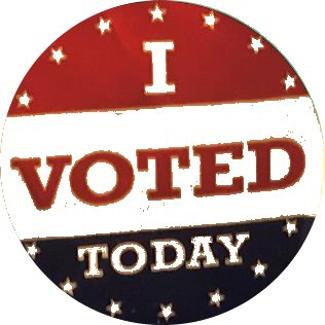Hello! Welcome to Likely Voter Polling.
This is a site where you can come to learn more about political election polls.
Ever wonder why an average of polls had your preferred candidate ahead only to have their opponent win when the actual votes were counted?
How accurate are election polls? Why are they so often wrong?
And perhaps the most important question ... Are poll results intentionally biased? Why wouldn't a polling firm want to predict the most likely outcome of an election? Do they have other motives?
Here you will find a take on the above questions with some ideas bounced around on the blog.
I hope you find the material interesting and relevant. Thanks for visiting!
|
 |
| Are you a likely voter? |
|
|
First Things First
So let's get the most obvious question out of the way first. What is a likely voter?
When a poll is conducted, it uses a sample. The poll can't ask all people how they will vote on election day because:
1. Not all people registered to vote will vote. And they come out to vote in different proportion to their actual proportion of the population (Maybe more independents will vote one year, more republicans another, or more democrats in another.)
2. The polling firm doesn't have enough money to ask the potentially millions of people who will vote on election day their opinions today.
So they sample the population (ie 3000 phone calls). Modeling all adults in the sample is problematic because not all adults are registered. Modeling all registered adults is problematic because not all registered adults will vote and in the proportion they register as noted above.
Polling firms have various ways to model likely voters (who they believe will actually vote on election day). And these models have varying degrees of success. It's the likely voters who are most important for polls. Yet most polling firms won't even use likely voters until a few months before the election.
The how and the why of polling firms and why they use this bait and switch of different samples when they should be using likely voters all along points to a wider problem with polling firms. Many firms put selling news cycle narratives above their accuracy in predicting future election results.
If you want to get in to the specifics of how polling firms introduce error in their polls, visit this site for a primer.
|
|